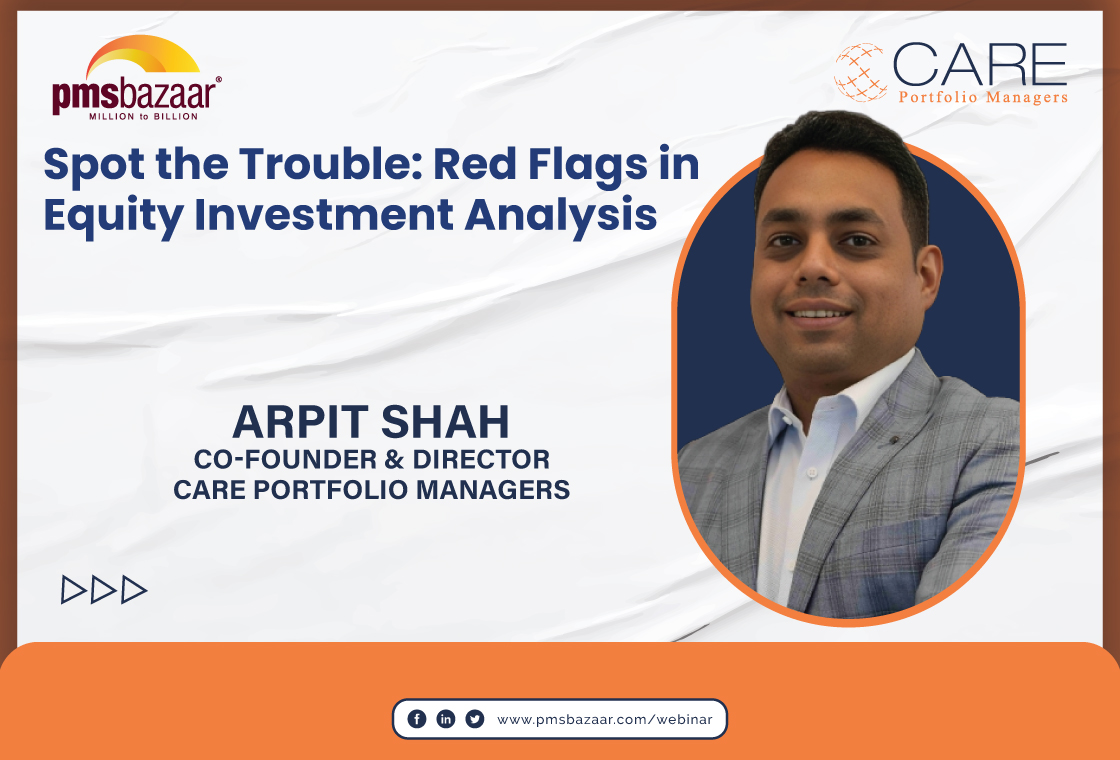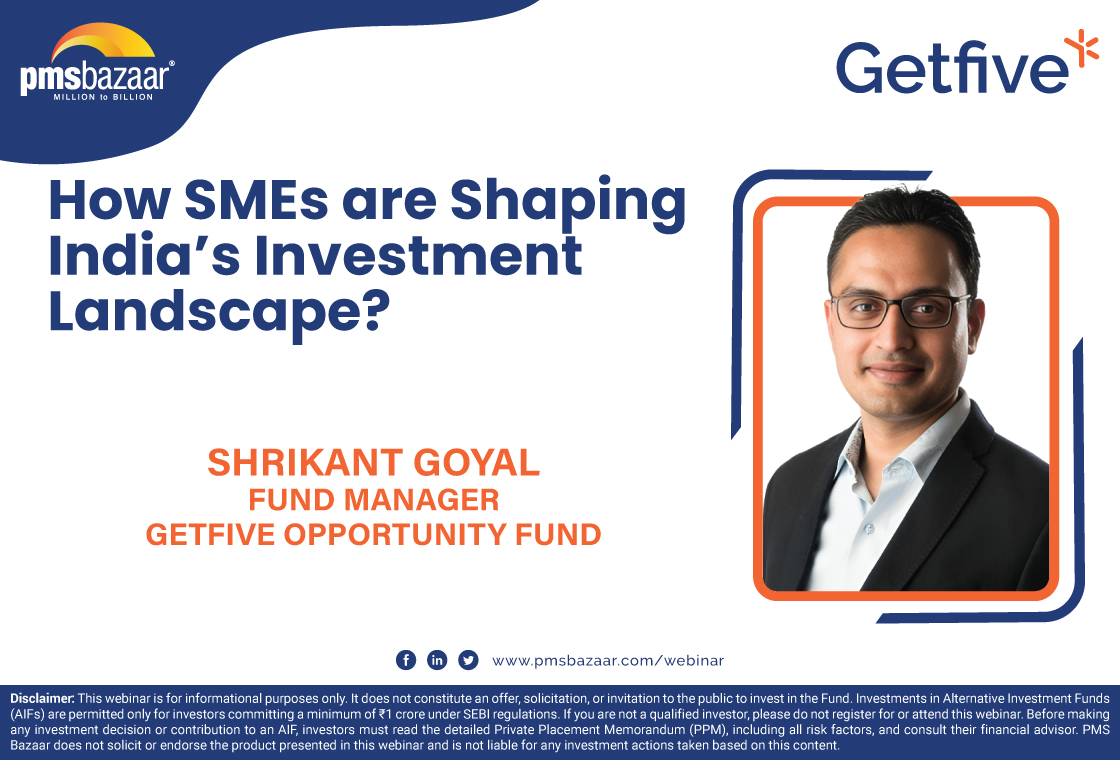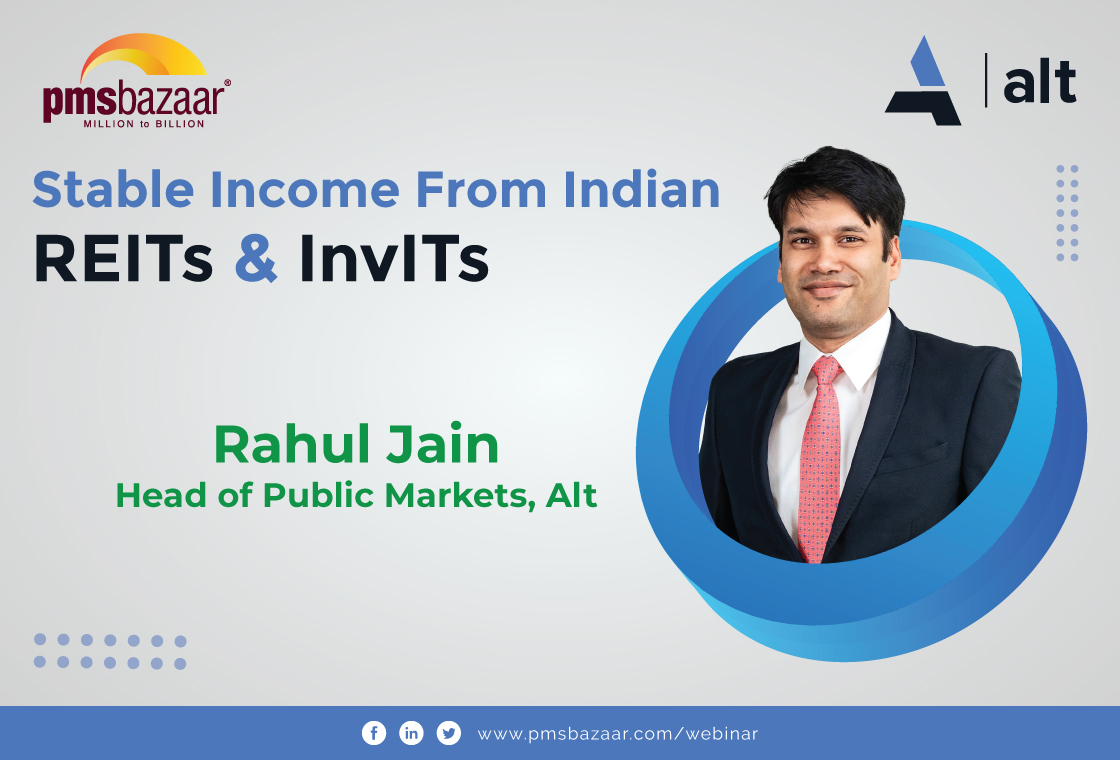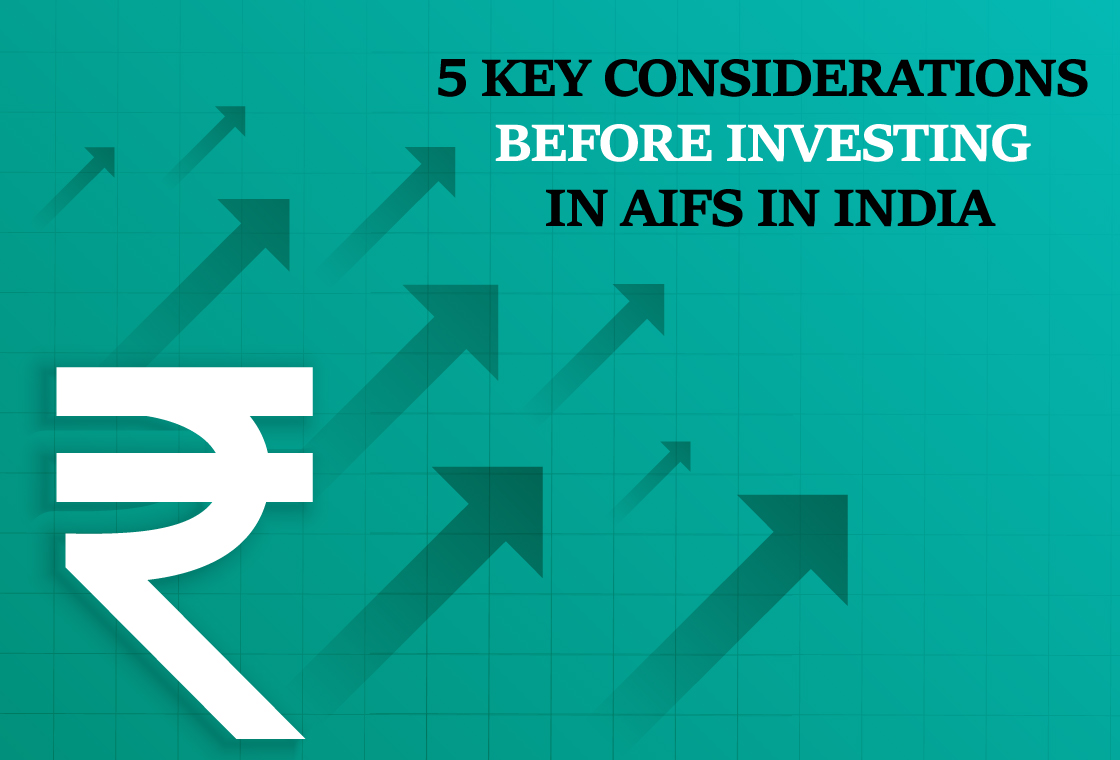PMS Bazaar conducted an Exclusive Interview with Mr. Atul Mehra, Fund Manager of Motilal Oswal. This Interview is a Part of our Special Interview series which offers valuable insights from leading industry experts. In this Blog, we have extracted some key insights from the exclusive interview for you to gain quality investment insights.

Excerpts from the interview:
Timing
the Market
According to Mr. Atul Mehra, When considering whether
it's a good time to enter the market, it's important to understand that timing
the market is notoriously difficult. While trying to buy low and sell high may
seem like a good idea, predicting market movements is nearly impossible.
Hindsight bias can make it seem like there was an obvious "right
time" to enter or exit the market, but this is often only apparent in
retrospect.
For example, in 2001, there was a lot of panic in the
market, and global markets were selling off. While it's easy to say now that
this was a good time to enter the market, at the time, it would not have been easy
to know what the right move was. Similarly, during the COVID-19 pandemic, the
market sold off 40% in three weeks. While in hindsight, this may have been a
great buying opportunity, at the time, there were a lot of questions about the
future of humanity, and many people were understandably focused on more
pressing concerns.
Rather than trying to time the market, focusing on
long-term investment strategies based on your financial goals and risk
tolerance is generally a better idea. Diversification and a disciplined
approach to investing can help you weather market fluctuations and achieve your
financial objectives over time. So, while it may be tempting to try to time the
market, it's generally not advisable to do so.
Right Time to Invest in the Equity Market
When investing in Indian equities, there are several
factors to consider. One important factor is the global backdrop and the
market's current volatility. In general, it's a good idea to be cautious when
investing in equities during market volatility, as sudden market shifts can
cause significant losses. However, it's also important to remember that
equities are long-term investments, and it's important to approach them as an
allocation rather than a short-term gamble.
Equities are typically seen as a way to achieve higher
returns than fixed-income investments, which generally offer lower returns but
greater stability. For example, if you can achieve a 7-8% return on a fixed
deposit, there is little reason to invest in equities unless you seek a higher
return. However, equities come with higher risks, as sudden global or local
events can cause the stock market to drop by 40-50%. This is why it's important
to have a longer-term horizon when investing in equities.
The power of compounding is one of the key reasons
equities are worth considering as an investment. Over the long term,
compounding can generate significant returns that far outstrip those of
fixed-income investments. For example, if you start investing at age 25 and
retire at age 70, compounding your capital at a rate of 5% over 50 years will
result in a 10x increase in your money. However, if you invest in an asset
class that generates higher returns, such as equities, your returns will be
even greater. For instance, at a 10% rate of return, you'll be up 100x in 50
years. At 15%, you'll be up 1000x, and at 20%, you'll be up 10,000x.
The key to investing in equities is to focus on the long
term and take a disciplined approach. It's important to diversify your
portfolio to manage risk and to focus on high-quality companies with a proven
track record of performance. One notable example of a successful long-term
investor is Warren Buffett, who has generated impressive returns over a 50-year
horizon by focusing on high-quality companies with strong fundamentals. Taking
a disciplined and patient approach to investing in equities can achieve
significant long-term returns that can help you achieve your financial goals.
Business Opportunity (BOP) Portfolio
Bop is a portfolio product that aims to invest in
high-quality businesses across different market sectors and capitalizations.
Currently, the portfolio consists of around 20 to 23 stocks selected through a
QGLP lens, which stands for Quality, Growth, Longevity, and Price. Each stock
is chosen based on its potential to meet these four criteria, with a focus on
delivering strong returns on equity and sustainable earnings growth over the
next three years.
The portfolio is diversified across large, established
businesses with strong franchises and mid/small-cap companies with the
potential to become future multi-baggers. As a young fund with low AUM, Bop has
the flexibility to allocate meaningfully across market caps and take advantage
of investment opportunities that larger funds may miss.
In terms of recent performance, Bop has outperformed the
market by around six to seven percent on a post-fee basis in the current
financial year (FI23), despite challenging market conditions. The portfolio's
current valuation reflects a price-to-earnings ratio of 16x for current-year
expected earnings and 10x for clear-out expected earnings. Overall, Bop's
construction is built on a solid foundation of the four pillars of QGLP, which
should support the portfolio's continued success in delivering strong returns
to investors.
In the interview, Mr. Atul Mehra discussed several other questions in detail. Watch the full interview with the link appended below -
Get access to rich data and analytics of PMS & AIF by subscribing to us. Join the 48000+ investors & experts now: Subscribe NOW
Recent Blogs
.jpg)
Passively Active Investing — A Modern Investor’s Lens on ETF-Based PMS
PMS Bazaar recently organized a webinar titled “Passively Active Investing — A Modern Investor’s Lens on ETF-Based PMS,” which featured Mr. Karan Bhatia, Co-Founder and Co-Fund Manager , Pricebridge Honeycomb ETF PMs. This blog covers the important points shared in this insightful webinar.

Spot the Trouble: Red Flags in Equity Investment Analysis
PMS Bazaar recently organized a webinar titled “Spot the Trouble: Red Flags in Equity Investment Analysis,” which featured Mr. Arpit Shah, Co-Founder & Director, Care Portfolio Managers. This blog covers the important points shared in this insightful webinar.

Long-Only AIFs Rebound Sharply in October; Long-Short Strategies Lag Despite Lower Volatility
106 long-only AIFs averaged 3.68% vs 32 long-short AIFs at 2.7%; only 24–31% of funds beat key indices

Markets log strongest monthly gains in 7 months; PMS performance turns near-uniform in October
Nifty 50 TRI gained 4.62%, BSE 500 TRI rose 4.27%; 415 of 427 equity PMSes ended positive

How SMEs are Shaping India’s Investment Landscape?
PMS Bazaar recently organized a webinar titled “How SMEs are Shaping India’s Investment Landscape?” which featured Mr. Shrikant Goyal, Fund Manager, GetFive Opportunity Fund.

Stable Income from Indian REITs and InvITs
PMS Bazaar recently organized a webinar titled “Stable Income from Indian REITs and InvITs,” which featured Mr. Rahul Jain, Head of Public Markets, Alt.

5 Key Considerations Before Investing in AIFs in India
Alternative Investment Funds (AIFs) have emerged as a compelling option for sophisticated investors seeking diversification and potentially superior returns. But venturing into AIFs requires a clear understanding of their unique characteristics that go beyond simply knowing what they are and their categories.

How AIF can help in diversification?
Traditionally, Indian investors have relied on a mix of stocks and bonds to build their wealth. While this approach offers diversification, it can still leave your portfolio vulnerable to market fluctuations. Enter Alternative Investment Funds (AIFs), a dynamic asset class gaining traction for its ability to unlock diversification beyond the realm of conventional options.

